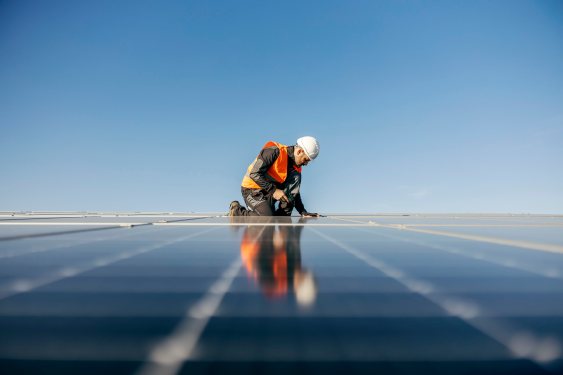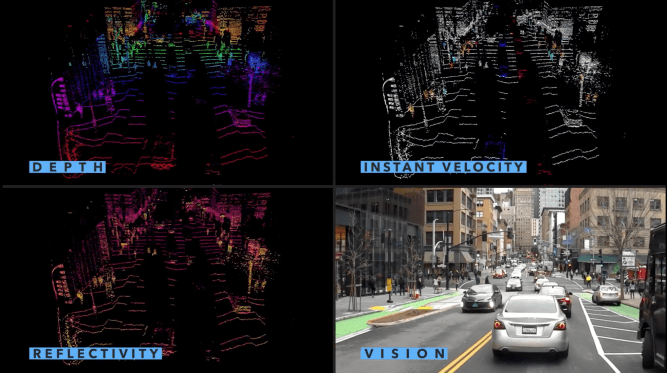For an industry that’s about 20 years old, residentialsolaris still pretty much faces a lot of turbulence. Much of this can be attributed to shifting regulations, like what happened in California last year where a policy update lengthened the time required for installs. The industry is also struggling with its own set of challenges, including labor intensity, regulatory hurdles, and the need to scale up quickly.
The Industry’s History
Residential solar installations have been around for over two decades. During this time, the industry has seen significant changes in technology, cost, and consumer behavior. However, despite these advancements, residentialsolaris continues to face challenges that are unique to its niche.
Regulatory Challenges
One of the biggest obstacles facing the industry is regulatory uncertainty. Changes in regulations can make or break a project, forcing companies to spend more time on compliance rather than generating revenue. For instance, the recent changes in California’s policies have significantly delayed the timeline for installing solar panels. This has put added pressure on installers to meet deadlines while ensuring they comply with all applicable regulations.
Labor Intensity
The labor-intensive nature of residential solar installations is another key factor contributing to the industry’s challenges. Unlike other industries where automation can streamline operations, solar installations require a high degree of manual intervention. This makes it difficult for companies to scale up quickly enough to meet growing demand.
Regulatory Hurdles
Another significant challenge facing the industry is the regulatory hurdles that companies face. Obtaining permits and licenses can be time-consuming and costly, adding to the overall burden on installers. Additionally, there are often multiple layers of regulations in place, making it difficult for companies to stay compliant without additional resources.
Industry-Specific Issues
The residential solar installation industry has its own set of unique challenges that other industries simply don’t face. These include issues related to labor intensity, regulatory hurdles, and the need to scale up quickly.
The Turbulence in Residentialsolaris
Despite its age, residentialsolaris continues to face turbulence on multiple fronts. From shifting regulations to industry-specific challenges, the industry is under constant pressure to adapt and innovate.
Regulatory Changes
The most significant source of turbulence for the industry has been regulatory changes over the years. For example, changes in California’s policies have delayed the timeline for installing solar panels by several months. This has put added pressure on companies to meet deadlines while ensuring they comply with all applicable regulations.
Industry-Specific Challenges
In addition to general economic factors, the residential solar installation industry faces its own set of unique challenges. These include issues related to labor intensity, regulatory hurdles, and the need to scale up quickly.
The Way Forward: Civic Renewables’ Strategy
One company that is taking a proactive approach to navigating these challenges is civic renewable. The company has been working on developing innovative solutions to address some of the key issues facing the industry.
Integrating Smaller Installers
Civic renewable is currently exploring strategies to integrate smaller installers into its umbrella company. This approach aims to leverage the expertise and resources of a larger organization while maintaining the flexibility needed to serve smaller clients effectively.
Example: Green Rack Solar
One example of this strategy in action is the case of green rack solar, a smaller installer that has been acquired by civic renewable. The acquisition allowed green rack solar to integrate its operations into civic renewable’s broader platform, enabling it to streamline processes and improve efficiency.
Example: Ipsun Solar
Another example is ipsun solar, another smaller installer that has recently joined civic renewable’s network. The integration of ipsun solar has been a key part of civic renewable’s strategy to expand its market presence while maintaining high standards of service.
Expanding Through Acquisition
Civic renewable is on a roll when it comes to acquiring smaller installers. In fact, the company has already made two significant acquisitions in the past year alone. These deals have allowed civic renewable to expand its reach and increase its capacity for serving residential customers.
Future Acquisitions
The company’s success in this area has led to rumors that it may make further strategic moves in the coming months. With its current pipeline of potential acquisitions, civic renewable is well-positioned to continue growing and solidifying its position as a leader in the residential solar installation industry.
Financial Backing: GEF Capital
Civic renewable’s growth strategy has been bolstered by financial backing from gEf capital. The company has secured significant investment from this prominent venture capital firm, which has provided the necessary capital to fuel its expansion efforts.
Investment Growth
The infusion of capital has allowed civic renewable to expand its network and increase its capacity for serving residential customers. With a larger network in place, the company is now better positioned to meet growing demand while maintaining high standards of service.
Conclusion: The Industry’s Future
While residentialsolaris is facing turbulence on multiple fronts, companies like civic renewable are taking proactive steps to navigate these challenges. Through strategic acquisitions and financial backing, the industry is poised for growth in the coming years. Whether or not other factors come into play, it seems clear that residentialsolaris will continue to evolve as a key player in the residential solar installation market.



